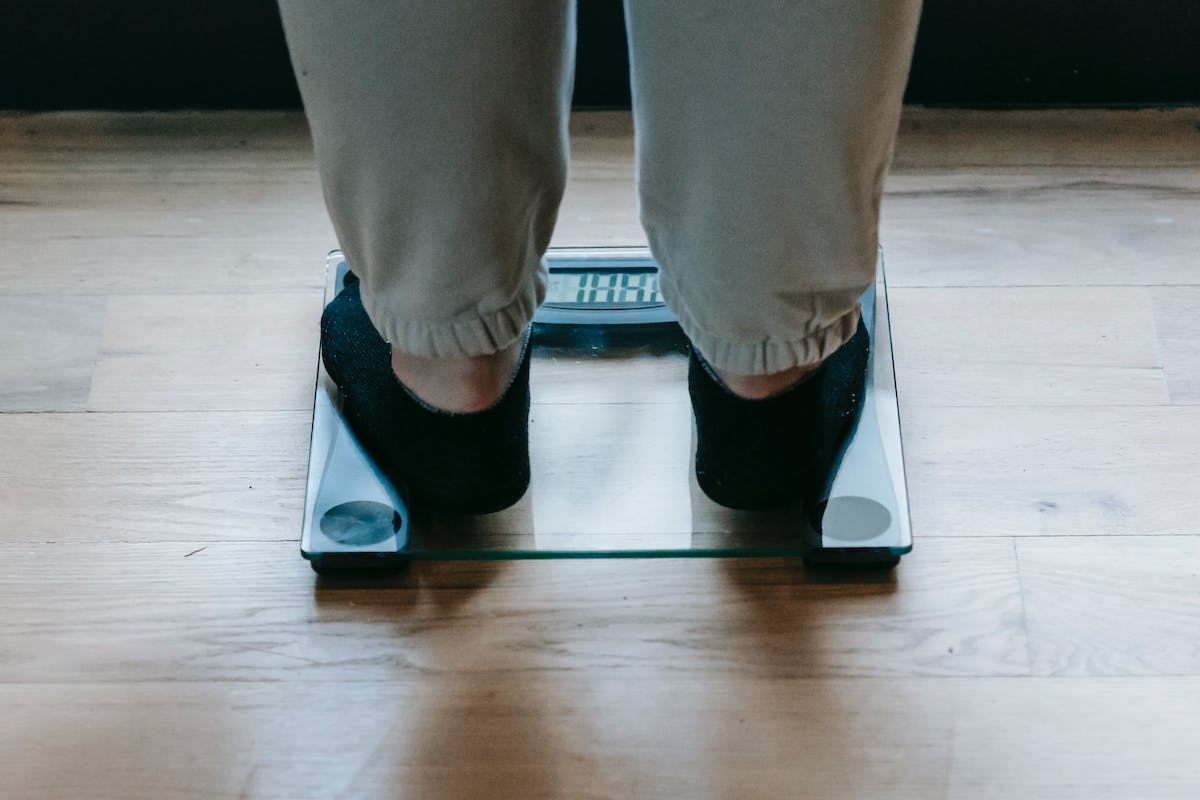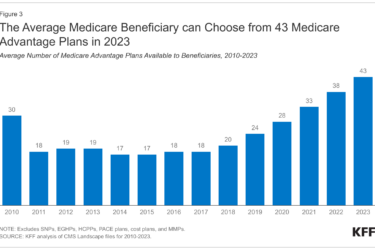Obesity is a serious problem among older adults. Nearly one in four, or about 15 million people 51 or older, struggle with excess weight. Obesity is a strong risk factor for many chronic conditions, including coronary heart disease, Type 2 diabetes, stroke and several forms of cancer. These are among the leading causes of death in the U.S.
Treating obesity could help reduce the cost of health care and disease burden, but Medicare and some commercial insurers don’t cover some newer and increasingly popular weight loss treatments. The vast majority of older adults say health insurers should reconsider and pay for medications that can help people with obesity manage their weight, a new poll finds. More than three in four (76%) believe Medicare should cover these drugs, which it can’t do under law, according to the University of Michigan National Poll on Healthy Aging.
Journalists might want to delve into this policy decision since taxpayers could save as much as $245 billion over the next decade by reducing incidence of Type 2 diabetes and cardiovascular disease if Medicare paid for these weight loss treatments, research from the USC Schaeffer Center for Health Policy and Economics (please note funding disclosures regarding this report) finds. Medicaid only covers obesity medications for adults with low incomes in a handful of states, according to a September 2023 KFF analysis, yet low-income people are often at higher risk of obesity. While many private plans and the U.S. Department of Veterans Affairs cover newer weight loss drugs, approval is restricted due to high monthly costs for this new generation of medications.
The Michigan poll gauged the interest of a national sample of older adults, ages 50 to 80, in taking prescription medications for weight management. Among the 27% of people ages 50 to 80 who say they are overweight, 63% were interested in taking such medications. So were 45% of those with diabetes or high blood sugar, regardless of weight. Among adults who had ever taken a weight-loss medication, 83% said they’d do so again.
Some groups, particularly among those 51 to 69, have much higher rates of obesity than those 70 or older, according to Georgetown University’s Health Policy Institute. Rates are also higher for older adults with lower incomes and those with less education — 27% among those who did not graduate from high school, compared to 22% for those with a high school degree or more. Non-Hispanic whites 51 and older have the lowest rates of obesity compared to those from other racial and ethnic backgrounds. Rates were similar regardless of gender.
Why this matters
The Michigan study findings come at a time when injectable GLP-1 medications such as Ozempic, Wegovy, Mounjaro and Zepbound have received a lot of media attention, overshadowing a previous generation of oral medications also approved for obesity and for weight management in Type 2 diabetes.
It’s crucial for patients who have obesity or diabetes, or who are overweight with other health problems, to talk with their health care providers about their options, according to poll director Jeffrey Kullgren, M.D., M.P.H., M.S., a primary care physician at the VA Ann Arbor Healthcare System and associate professor of internal medicine at the University of Michigan.
The newest weight loss medications can cost more than $12,000 a year for people who pay out of their own pockets and must be taken long term to maintain weight loss. Data suggest these medications can be highly effective in helping people with obesity lose 10% or more of their body weight, far more than people with obesity can typically achieve or sustain through diet and exercise alone.
Recent findings suggest a large decline in the risk of heart-related problems in people with a history of both obesity and heart conditions who took a GLP-1 medication. The strong demand for these medications, including for off-label purposes by people willing to pay full price, has created major shortages of them, as Forbes recently reported.
The Michigan poll report is based on findings from a nationally representative survey conducted by NORC at the University of Chicago for IHPI and administered online and via phone in July and August 2023 among 2,657 adults ages 50 to 80. The sample was subsequently weighted to reflect the U.S. population.
Resources
- Adult Obesity Prevalence Maps, CDC
- Percentage of adults aged 65 years or older in the U.S. who were obese, 2013-2021, Statista
- Obesity Among Older Americans, Health Policy Institute, McCourt School of Public Policy, Georgetown University
- The Effects of Obesity on the Inflammatory, Cardiovascular, and Neurobiological Responses to Exercise in Older Adults, MDPI Biology
- Obesity and Comorbid Conditions, Stat Pearls










